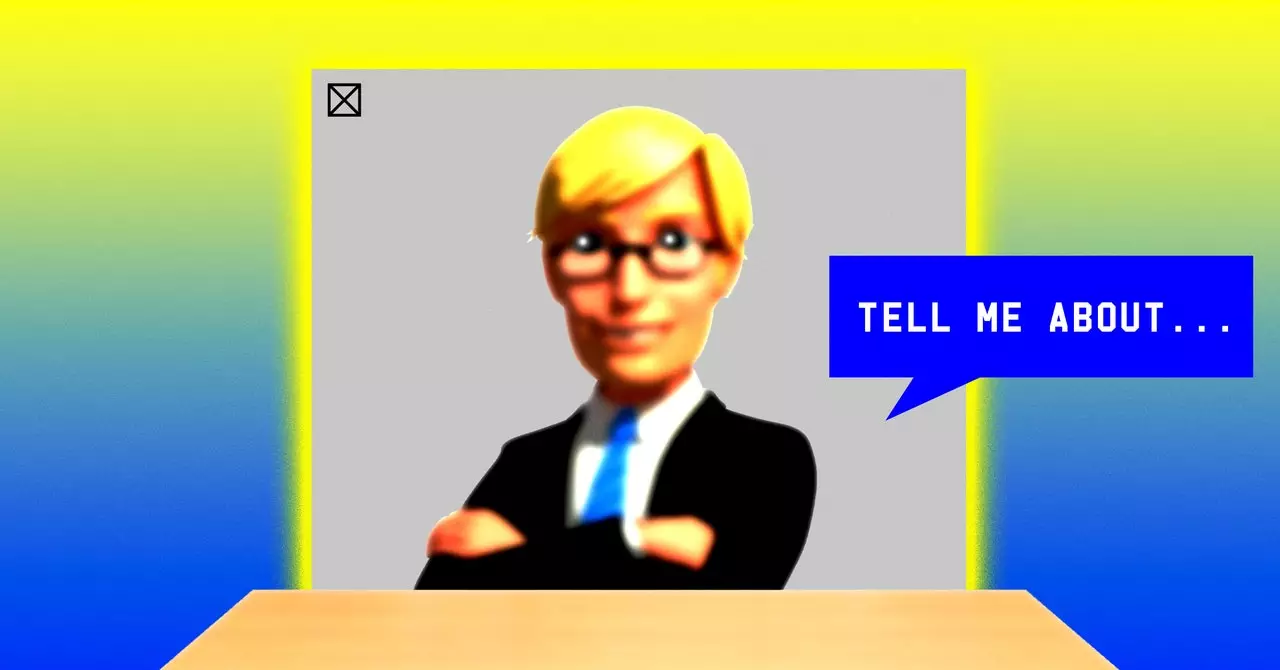The use of artificial intelligence (AI) in the hiring process has become increasingly common, with companies like micro1 providing tools to streamline candidate screenings and interviews. However, the widespread adoption of AI in hiring practices raises concerns about potential biases and the impact on job seekers.
More than 100,000 people have undergone micro1’s screenings, with companies using the platform to screen as many as 30,000 candidates per month. Asynchronous video interviews have become popular, allowing companies to use prerecorded responses in automated systems for screening. This has become crucial due to the high volume of applications companies receive, making it challenging for recruiters to review each one manually.
While AI tools aim to reduce biases in the hiring process, there are still concerns about the inherent biases in these systems. Zahira Jaser, an associate professor, highlights the unknown impact of AI and asynchronous interviewing on candidates. AI may not be able to pick up on human cues or provide a personalized experience, leading to challenges for job seekers in showcasing their best selves.
Jaser emphasizes the need to address biases in AI tools, which can be systematic and based on past hiring practices. Some AI tools are trained on profiles of successful employees, potentially perpetuating biases in the selection process. While AI tools do not make final hiring decisions, they play a significant role in determining which candidates get face time with recruiters, influencing the composition of the workforce.
Despite the challenges and concerns surrounding AI in the hiring process, there is potential for AI-driven avatars to conduct interviews with AI interviewers. This approach could streamline the initial job search process, making better matches between job seekers and companies. Ansari, from micro1, believes that AI has the potential to revolutionize the way interviews are conducted, eliminating tedious and repetitive tasks.
As AI continues to play a prominent role in the hiring process, it is essential for companies and recruiters to be mindful of the biases and challenges associated with these tools. While AI can streamline candidate screenings and interviews, it is crucial to prioritize fairness and transparency to ensure a diverse and inclusive workforce. The future of AI in interviews holds promise for creating better matches between candidates and companies, but it is essential to address the potential pitfalls and limitations of these technologies.


Leave a Reply